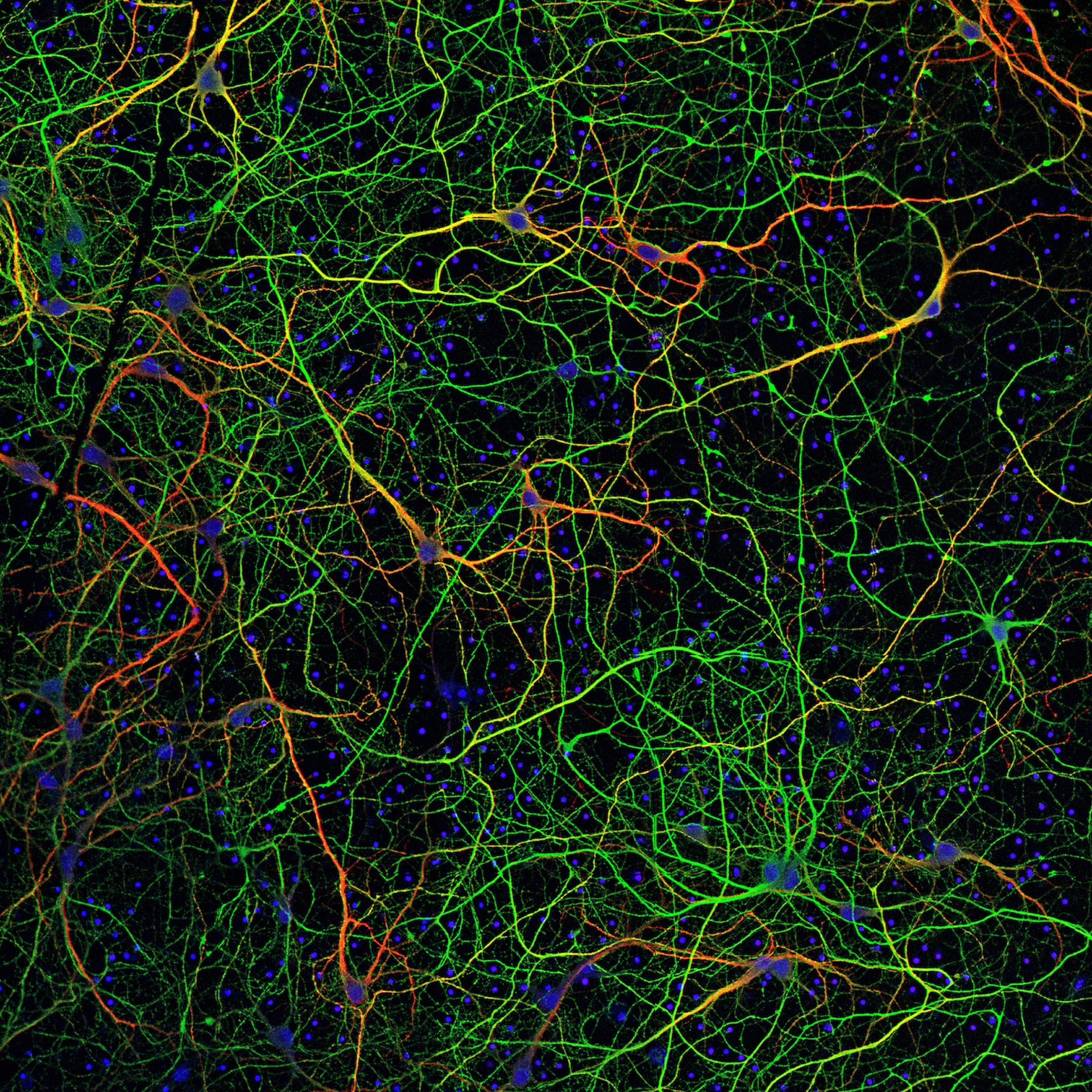What is dementia?

Dementia is used to describe a general decline in all areas of mental ability.
- Dementia is a term used to describe a general decline in all areas of mental ability. Symptoms include deterioration in mental processes including memory and language.
- Dementia affects around 900,000 people in the UK and is projected to rise to 1.6 million people by 2040.
- Between 60 and 80% of dementia cases are caused by Alzheimer’s disease.
What is dementia?
- Dementia is an ‘umbrella term’ used to describe a group of symptoms associated with the brain – such as memory loss, confusion, changes in behaviour and problems with language.
- It’s caused by different conditions and diseases that cause damage to the brain.
- An early diagnosis can help people with dementia get the right support, maintain their general wellbeing and help their close family and friends to prepare for the future.
- In some cases, dementia can be caused by a short-term illness such as a vitamin b12 deficiency, a brain tumour or alcohol dependence. In these cases, the dementia is potentially reversible.
- If dementia is diagnosed before a person is 65 years old, it’s called early-onset. This separation between late and early onset dementia has helped in the search for genetic causes of early-onset Alzheimer’s disease.
The most common types of dementia
There are many types of dementia, but Alzheimer’s disease is the most common, followed by vascular dementia.
Alzheimer’s disease – between 60 and 80% of people with dementia
- Alzheimer’s disease is a physical illness which damages a person’s brain. It starts many years before symptoms start to show.
- Its causes are very complex, but one key element is the build up of two substances in the brain called amyloid and tau. They clump together and form tiny structures called plaques and tangles, making it harder for the brain to function and eventually causing it to shrink.
- This results initially in difficulties with day-to-day memory, problem solving and making decisions but can eventually lead to severe disorientation and confusion.
- Read more about Alzheimer’s disease here.
Vascular dementia – about 10% of people with dementia
- Vascular dementia is caused by problems with blood supply to parts of the brain – for example, reduced blood flow caused by blockages in the arteries or a stroke.
- A reduced blood supply causes that part of the brain to become damaged.
Lewy body dementia – about 10% of people with dementia
- Lewy bodies are tiny spherical deposits of protein that form in the nerve cells of the brain.
- It is not known exactly how or why these deposits form – but they can reduce the levels of chemicals needed to send messages around the brain, breaking connections between nerve cells and eventually stopping the cells from working.
- Lewy body disease can also cause Parkinson’s disease.
- Some people develop multiple types of dementia, called mixed dementia. Another less common type of dementia is frontotemporal dementia, caused by damage to the two sets of lobes at the front of the brain.